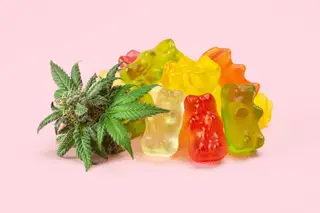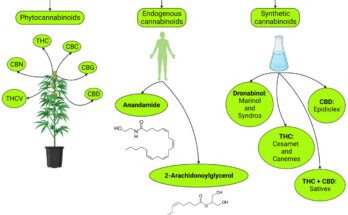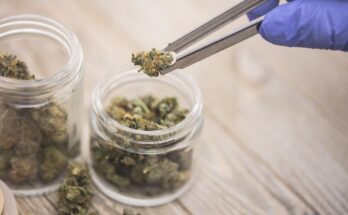You must have heard of CBD and THC as they are slowly gaining popularity among people. Both the compounds are popular for their distinct properties and effects. Although they are not harmful to human beings if given in the right amounts, you should not give Delta 8 THC to pets as it might lead to severe adverse effects.
CBD and THC are enjoying the spotlight, but it is slowly moving towards CBG, which is an unpopular cannabinoid. From their name, you might think that CBG and CBD are the same, which is valid to some extent but not entirely.
Everything About CBD – Cannabidiol
CBD is a naturally occurring component in cannabis plants and hemp. It was discovered in the 1930s but did not gain attention until the 1970s. It was then when scientists found out that it can treat convulsions. Over time, it proved that the CBD flower helps treat ailments such as stress, anxiety, joint pain, paranoia, bone pain, damaged cognitive function, depression, nausea, etc.
In cannabis plants, CBD is present in high amounts and is easier to obtain than Delta 8 THC. You can even treat your pets with items with CBD. Besides, it works against childhood epilepsy and used as an ingredient in Epidiolex, an FDA-approved drug.
Everything About CBG – Cannabigerol
Just like CBD, CBG is also obtained from cannabis plants. The procedure of obtaining it is quite interesting. Let’s learn about it.
Young hemp plants generate cannabigerol acid (CBGA), but as it grows, CBGA disintegrates into cannabidiol acid (CBDA) and tetrahydrocannabinol acid (THCA). THC and CBD acids are then transformed for producing CBD and THC. But the leftover compound of CBGA is used to produce CBG.
The experiment of obtaining this compound was done back in 1964, but it did not gain much attention. Today, researchers are carrying out operations to prove that this compound has therapeutic, anticancer, antibacterial, anti-depressant, and pain-relieving properties, possibly more effective than THC.
How Can You Differentiate CBD From CBG?
Although CBG and CBD have many similar properties, they do have some dissimilarities. Let’s find out about them here:
- Varying Molecular Formation: The positioning of carbon, oxygen, and hydrogen vary in the molecular arrangement of the two compounds, which impacts their bioavailability and binding with receptors.
- Receptor Activation: According to a study, at the receptor where CBD acts as an agonist, showing hefty anti-nausea results, CBG behaves like an antagonist. Thus, both compounds have varying results on the particular receptor.
- Food Intake: According to an experiment done on rats, CBG encourages animals to consume more than their regular food intake, while CBD reduces their consumption significantly.
- Properties: CBG is more popular for its therapeutic benefits such as appetite stimulation, treating cancer, and treating MRSA bacterial infection. On the other hand, CBD is popular for its anti-depressant benefits.
Scientists are yet to discover more variances between CBD and CBG. As of now, experiments are going on in animals to understand how the two compounds interact with our bodies.



